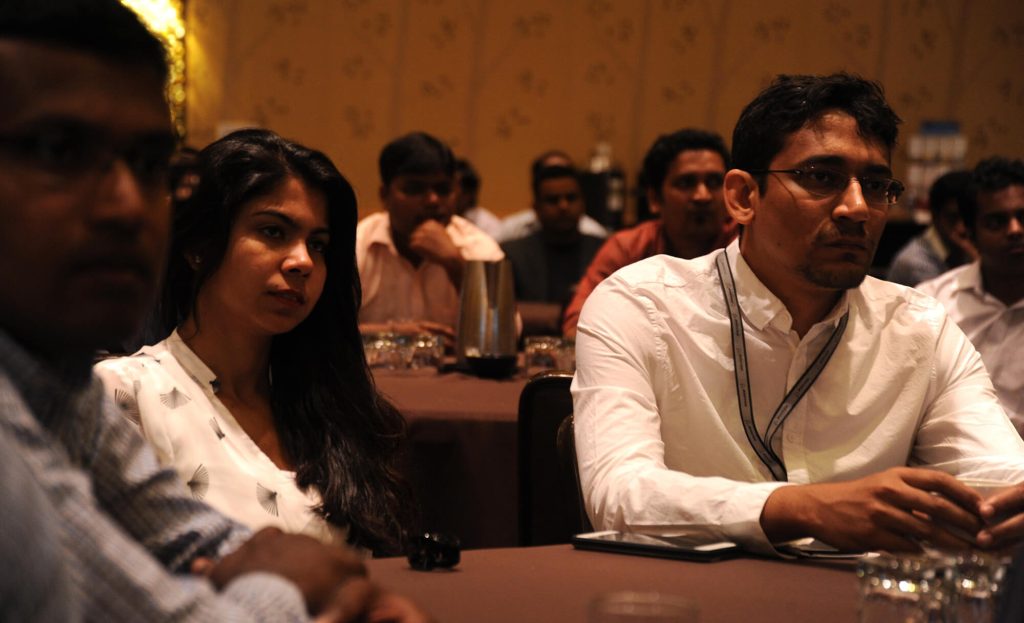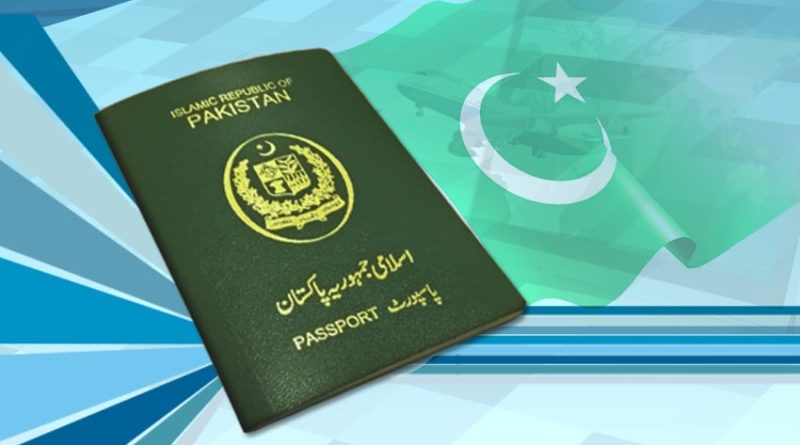A Comprehensive Guide to Visa Information: Everything You Need to Know
Preface Traveling is one of life’s topmost pleasures. Exploring new places, passing different societies, and creating continuing recollections is a commodity that numerous of us look forward to. still, before you can embark on your transnational adventure, you frequently need to navigate the complex world of visas. Visa information is pivotal to ensure a smooth and hassle-free trip. In this friendly and mortal-toned companion, we will take you through the essential aspects of visa information, from understanding what a visa is to choosing the right visa for your trip, and the operation process.

What Is a Visa?
Before probing into the specifics of visas, let’s start with the basics. A visa is an sanctioned document issued by a country’s government that allows a foreign public to enter, stay, or work in that country for a specified period. It serves as an authorization and a legal demand for entry into a foreign country. In substance, a visa is your golden ticket to explore the world beyond your borders. Visas come in colorful types, depending on the purpose of your visit, similar as sightseer visas, business visas, pupil visas, and work visas. These visas have specific conditions, durations, and operation conditions acclimatized to the purpose of your visit.
Types of Visas
Tourist Visa The sightseer visa is for those looking to explore a foreign country purely for rest, similar as sightseeing, visiting musketeers and family, or passing the original culture. The duration of stay for a sightseer visa varies from country to country, generally ranging from a many weeks to several months. Business Visa If you are planning to travel for business purposes, like attending meetings, conferences, or exploring implicit business openings, a business visa is the way to go. These visas frequently bear attestation related to your business conditioning. Student Visa As the name suggests, this visa is for transnational scholars who intend to study in a foreign country. The operation process for pupil visas frequently involves submitting evidence of registration in a honored educational institution and sufficient fiscal support for the duration of your studies. Work Visa If you’ve secured a job offer in a foreign country and wish to work there fairly, you will need a work visa. The conditions for work visas vary extensively and frequently depend on the job request and the specific country’s immigration programs. Family Visa Some countries offer family reunion visas, which allow family members to join their cousins who are living and working in a foreign country. These visas frequently bear backing and evidence of the family relationship. Conveyance Visa A conveyance visa is for those who are passing through a country on their way to another destination. It’s generally needed if you have a long stopover or need to change airfields during your trip. Politic and sanctioned Visas Politic and sanctioned visas are granted to government officers, representatives of transnational associations, and diplomats for sanctioned trip and politic purposes. Visitor Visa This order frequently encompasses colorful purposes, similar as medical treatment, artistic exchange programs, or attending events like marriages or sepultures in a foreign country. The specific conditions for caller visas can vary. It’s pivotal to identify the right type of visa for your trip to insure your stay is comfortable and in compliance with the host country’s regulations.
Understanding Visa
Conditions Each country has its own set of visa conditions, which can be a combination of documents, freights, and interviews. These conditions can vary significantly, so it’s essential to probe and prepare adequately. Then are some common visa conditions you might encounter Visa Application Form Most countries have a visa operation form that needs to be filled out and submitted. These forms can generally be set up on the sanctioned government website of the host country or at their delegacy or consulate. Passport Your passport is your primary identification document for transnational trip. insure that your passport is valid for at least six months beyond your intended stay, as numerous countries have this demand. Passport prints You will generally need passport- sized prints that meet the specific criteria of the host country. These can frequently be attained at photography workrooms or indeed through some online services. evidence of Accommodation You may be needed to give evidence of where you will be staying during your visit, similar as hostel reservations or a letter of assignation from a host. trip Diary Some countries may ask for a detailed trip diary, including flight bookings, to understand the purpose and duration of your visit. Financial Documentation You might need to prove that you have sufficient finances to cover your charges during your stay. Bank statements, pay remainders, and letters of backing are generally accepted as evidence. Health Insurance Some countries bear callers to have trip or health insurance to cover implicit medical charges during their stay.
Police Clearance Certificate
Certain countries may request a police concurrence instrument to insure that you have no felonious record. The process for carrying this instrument can vary, so plan consequently.
Letter of Invitation If you are visiting musketeers or family, a letter of assignation from your host can be necessary. This letter generally states the purpose of your visit and the duration of your stay.
Visa Fee Most countries charge a visa operation figure, which varies depending on the type of visa and the country’s regulations. Visa Interview In some cases, you may be needed to attend a visa interview at the delegacy or consulate of the host country. Be set to answer questions about your trip and give any necessary documents.
Please note that these conditions can change, and it’s always stylish to check with the delegacy or consulate of the host country for the most over- to- date information.
Probing Your Destination
Before applying for a visa, it’s essential to probe your destination completely. Understanding the original customs, culture, and rules can help you prepare for a smooth and pleasurable trip. Then are some aspects to consider
Entry and Exit Conditions Some countries have specific entry and exit conditions, similar as demanding a visa for entry and a return ticket for exit. Make sure you misbehave with these rules.
Original Laws and Customs
Familiarize yourself with the original laws and customs of your destination. This includes dress canons, form, and geste
in public places.
Health and Vaccinations
Check if your destination requires specific vaccinations or has health conditions. Carry any necessary specifics and a dupe of your conventions.
Currencies and Banking Research the original currency, exchange rates, and banking installations. It’s frequently a good idea to carry a small quantum of the original currency for original charges.
Language Learn a many introductory expressions in the original language, which can be incredibly helpful and appreciated by the locals.
Safety and Security Check the trip advisories and safety recommendations for your destination. This can include information about safe areas, implicit health pitfalls, and original exigency contact figures.
By taking the time to probe your destination, you will be more set to immerse yourself in the original culture and make the utmost of your trip.
Applying for a Visa Now that you understand the type of visa you need and the conditions for your destination, it’s time to start the operation process. Then is a step- by- step companion to help you navigate the process gain the
Visa Application Form You can generally find the visa operation form on the sanctioned government website of the host country
